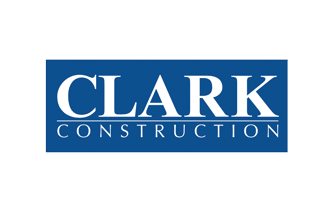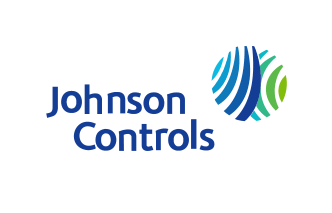Working in Construction through the Coronavirus
 In response to the coronavirus pandemic, many businesses around the world are limiting in-person work. Tech companies, in particular, are encouraging and even mandating work-from-home (WFH) for most employees. Construction projects, however, typically require nearly everyone involved to be on-site, either to perform their job or to check that work is done correctly. So how is the industry addressing this unprecedented situation?
In response to the coronavirus pandemic, many businesses around the world are limiting in-person work. Tech companies, in particular, are encouraging and even mandating work-from-home (WFH) for most employees. Construction projects, however, typically require nearly everyone involved to be on-site, either to perform their job or to check that work is done correctly. So how is the industry addressing this unprecedented situation?
On-site work: proceed with caution
As of now, OSHA has issued safety guidelines specific to COVID-19 and 28 states have implemented plans of their own. Groups representing construction companies and employees like the AGC have posted suggestions for on-site workers to minimize exposure and spread of the coronavirus. As Mandi Kime, Director of Safety for the Washington State chapter of AGC commented on our “Impact of Coronavirus on Construction” LinkedIn post, “We are encouraging contractors to provide hand-washing stations, to remind employees about good hygiene and social distancing, and to follow guidelines from local health organizations which have the latest data and advice.
“Another thing people should be conveying is that, in these unprecedented times, if a worker sustains an injury at work, they are now going to need to tap into the already overwhelmed medical system. Now, more than ever, we need to redouble our efforts for safety. Situational awareness, proper planning, and clear communication are vital.”
How construction companies are dealing
Soon, though, construction companies will likely fall in line with businesses throughout the country and limit the number of people on project sites. According to Neree Croteau, a Baton Rouge, LA-based PM for specialty contractor Classic Industrial Services, “There are early conversations at the corporate levels about having managers work remote, but that plan has yet to be executed. In addition to the possibility of remote work, all non-essential travel has been canceled until further notice company-wide.”
Croteau is also assisting his workers in whatever ways he can. “I have been sharing locations for local COVID-19 testing facilities to ensure all contractors know where to send their employees if they suspect they’re infected,” Croteau says. “And I am making sure managers know about virtual care. Many health systems have the capability of setting up appointments with a physician via video conference to evaluate individuals. This reduces wait times at local facilities and also prevents any suspected infected individuals from possibly infecting the waiting rooms of a medical facility."
Still, Croteau is facing many unknowns and potential challenges. “My biggest concern as a manager is ensuring my workers are compensated in some way if or when our jobsite shuts down,” he says. “If we don’t compensate them for shutdown time, they may not return once things return to normal. Most of our workers are travelers and will be forced to seek out other opportunities to ensure they can care for their families.”
Some things you can do if you’re working off-site
As limiting as being off-site can be for a construction manager, there could be opportunities to catch up and get ahead if you’re able to WFH. Here are a few ways to make the most of your time when you can’t be on-site.
- Pre-populate punch list items for every room
- List out pre-task items for concrete pours
- Make sure all subs have reviewed and understand drawings, flagging any information gaps
- Check due dates of tasks to understand priorities
- Establish a daily meeting
- Brush up on Fieldwire best practices and features with Help Center articles and videos
- Work on submittal and RFI log maintenance
- Manage accounting and change orders
- Do resource leveling and clean up projects with three-week look-aheads
- Review vendor submittals and product data for compliance with project specifications
- Review shop drawings for compliance with project drawings and specifications
- Check that as-built drawings are up to date based on approved RFIs resulting in design modifications
- Coordinate with subcontractors for schedule updates and critical equipment delivery dates
- Coordinate with facilities or end-users to schedule planned process shutdowns
- Perform area, equipment, and material take-offs for preparing estimates
- Check out a webinar
- Go for a run
- Cross-train employees to handle other functions
- Come on our podcast! (Email me for details)
Got more advice or suggestions? Email me at matt@fieldwire.com and I’ll add to this list.

 Matt Schneiderman •
Matt Schneiderman • 
















